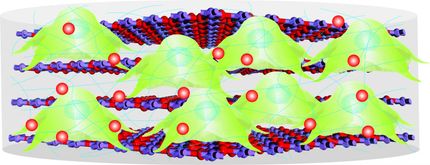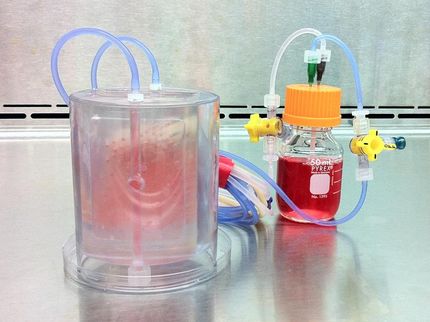UF researchers find triggers in cells’ transition from colitis to cancer
Advertisement
University of Florida researchers have grown tumors in mice using cells from inflamed but noncancerous colon tissue taken from human patients, a finding that sheds new light on colon cancer and how it might be prevented.
Scientists observed that cancer stem cells taken from the gastrointestinal system in patients with a chronic digestive disease called ulcerative colitis will transform into cancerous tumors in mice.
The finding, now online and to be featured on the cover of the Thursday (Oct. 15) issue of Cancer Research, may help explain why patients with colitis have up to a 30-fold risk of developing colon cancer compared with people without the disease.
New understanding of the link between colitis and cancer could lead to diagnostic tests that would evaluate tissue taken from patients with colitis for signs of cancer stem cell development, thereby identifying patients who may be at greater risk for cancer.
“Ultimately it would be great if we could prevent colitis or treat colitis so it never gets to the cancerous stage,” said UF colorectal surgeon Emina Huang, M.D., who is a member of the Program in Stem Cell Biology and Regenerative Medicine at UF’s McKnight Brain Institute and the UF College of Medicine.
Although colonoscopy is very effective in screening and preventing colon cancer for most people, for patients with colitis no diagnostic tests work well because the inflamed tissue makes identification of precancerous changes difficult.
According to the Crohn’s and Colitis Foundation of America, approximately 700,000 people have colitis in the United States. The National Cancer Institute estimates that cancer of the colon and rectum will claim the lives of about 50,000 people this year.
UF scientists gathered colitic tissue from humans and chemically screened it for colon cancer stem cells, also called tumor initiating cells. These cells were then isolated and monitored in mice to see if tumors would grow.
Huang said these findings shed light on that fact that it may not be just the cancer “seed” cell, but the “soil” – in this case inflamed colon tissue – that plays a role in the development of cancer.
“Is it the seed, is it the soil or is it their interaction?” she said. “We think probably both, but now we have a new way to look at it and a new method of attack.”























































